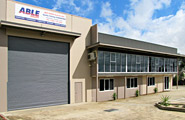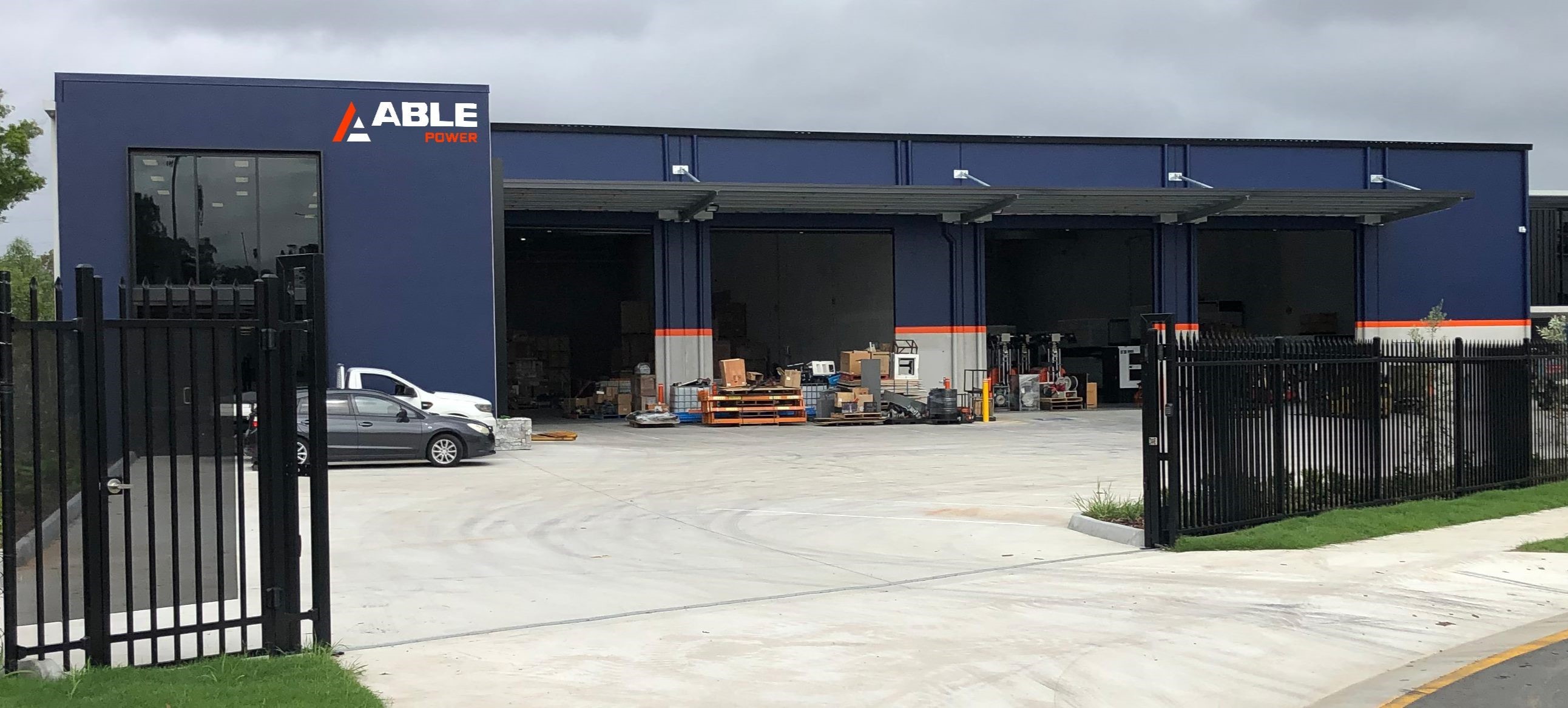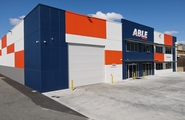Able Sales Locations

ABLE SALES(Melbourne)
Monday-Friday: 8am-5pm
Saturday: closed
Unit 5 / 11 Industrial Avenue,
Thomastown VIC 3074
(03) 9302 3602
LOCAL CALL 1300 735 902

ABLE SALES(Brisbane)
Monday-Friday: 8am-5pm
Saturday: closed
Unit 1 / 8 Prosperity Place,
Park Ridge QLD 4125
(07) 3272 9001
LOCAL CALL 1300 735 840

ABLE SALES(Perth)
Monday-Friday: 8am-5pm
Saturday: 8am-12pm
Unit 3 / 41 Tate Street,
Bentley WA 6102
(08) 9358 2299
LOCAL CALL 1300 793 001
Recent posts
Choosing a Generator for Your Outback Camping Adventure
Petrol vs. Diesel
In general, when choosing a generator for camping the choice is between diesel air cooled generators andpetrol generators, as both of these generator types are portable and compact. When choosing, keep in mind the availability and price of petrol vs diesel in the areas you’ll be travelling through. And whichever you decide to go with you want to make sure the size and weight of the generator suits your capacity to store and carry it. While the diesel air cooled generators are compact and portable, they do tend to be a little larger than the petrol generators which can make petrol a better choice if space or weight is a big issue.
Noise Level
The amount of noise that a generator produces is a chief concern among campers. A big part of the appeal of camping is the ability to escape from the noise and clamour of city life, and a noisy generator can quickly ruin your quiet, peaceful respite. When travelling in the outback, you want a generator that is as quiet as possible to avoid disturbing the natural environment or upsetting other campers if you are close to civilisation.
You should aim for a generator that has a decibel rating of 60 or lower. This equates to a sound level similar to what you would experience inside your car while driving down a side street or what you would hear during normal conversation in your home without any background noise. When checking the decibel level in generator specs be sure to make note of the power level at which the stated decibel relates to, as the industry standard is to list the noise level based on the generator running at quarter power rather than at full power.
Run Time and frequency
Another factor you need to consider is how much you plan on using your generator. If it will be used solely in the case of emergency, you're probably safe with a smaller generator. Smaller size means less fuel, which means a shorter run time. On the other hand, if you plan to power a radio, light, small stove or fan throughout your journey, you will likely need something larger to accommodate the extended use.
Able Sales Can Help You Choose
Here at Able Sales, we carry a variety of generators for you to choose from.
For camping purposes, one of the most popular generators we recommend is this petrol inverter generator – the SF3700ER. It is a lightweight generator that provides ample power for small devices for up to 10 continuous hours at full power. Even at full fuel level, it weighs in at only 34 kilos. It also has a relatively quiet noise rating of 59 decibels at maximum power.
However, if this doesn’t suit the needs you had in mind we are always happy to answer any questions you might have to help guide you in the right direction, so be sure to get in touch with us for all your camping generator needs.
.




